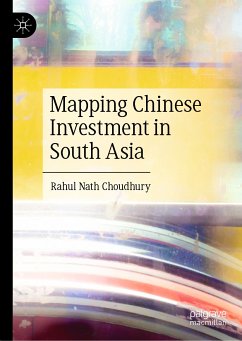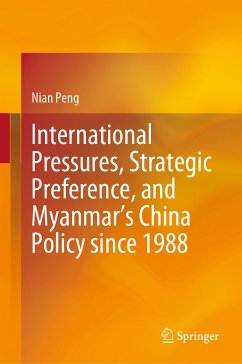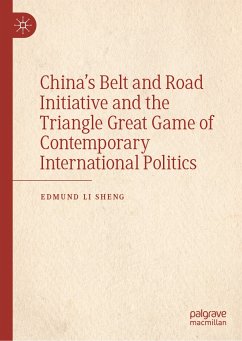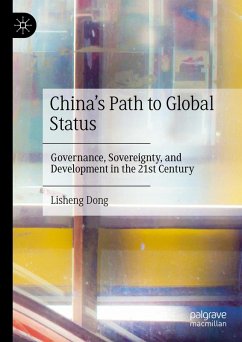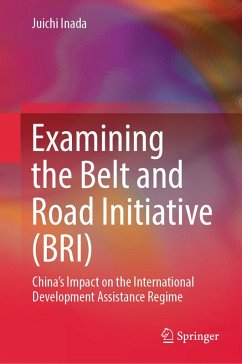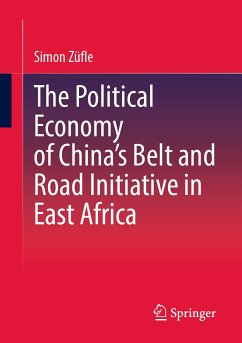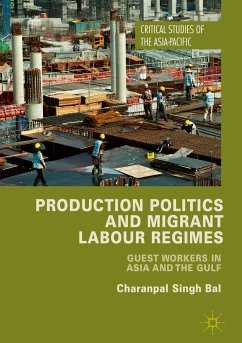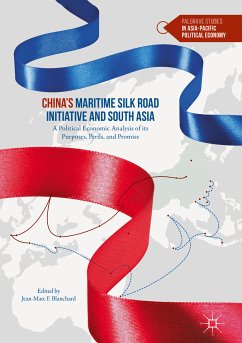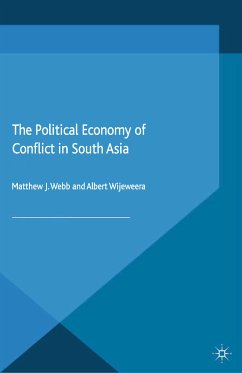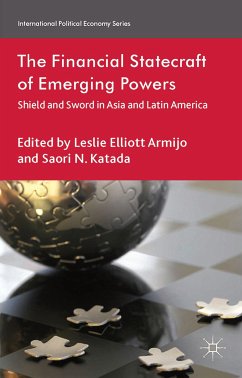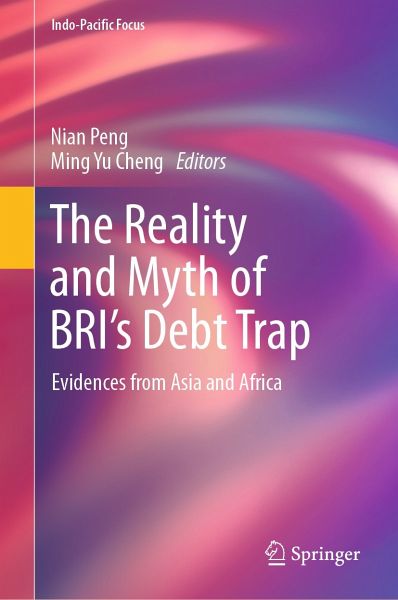
The Reality and Myth of BRI's Debt Trap (eBook, PDF)
Evidences from Asia and Africa
Redaktion: Peng, Nian; Cheng, Ming Yu
Versandkostenfrei!
Sofort per Download lieferbar
112,95 €
inkl. MwSt.
Weitere Ausgaben:

PAYBACK Punkte
56 °P sammeln!
This edited book aims to present a well-balanced view on the heated debate about BRI's "debt trap" controversy within the route states by presenting compelling evidence from Asian and African countries. It is contributed by the university scholars, think tank experts, and governmental officials from the concerned parties such as China, USA, South/Southeast Asia, and Africa to discuss this new topic from their perspectives. It not only examines the origins and changes in external debt among the BRI route states before and after the launch of the BRI, but also analyzes the outcomes stemming from...
This edited book aims to present a well-balanced view on the heated debate about BRI's "debt trap" controversy within the route states by presenting compelling evidence from Asian and African countries. It is contributed by the university scholars, think tank experts, and governmental officials from the concerned parties such as China, USA, South/Southeast Asia, and Africa to discuss this new topic from their perspectives. It not only examines the origins and changes in external debt among the BRI route states before and after the launch of the BRI, but also analyzes the outcomes stemming from BRI projects. The book covers 12 chapters, in which the first chapter briefly introduces the aims and scope of this book. The following 2 chapters look at Chinese and Indian perspectives on the "debt trap", respectively. The next 9 chapters examine the debt issue and BRI projects in Southeast Asian, South Asian, and African states, which mainly involve Myanmar, Cambodia, Laos, the Philippines, Malaysia, Indonesia, Bangladesh, Nepal, and Nigeria, and give some useful policy suggestions to reduce the debt burden and promote the socioeconomic development in these countries.
Dieser Download kann aus rechtlichen Gründen nur mit Rechnungsadresse in A, B, BG, CY, CZ, D, DK, EW, E, FIN, F, GR, HR, H, IRL, I, LT, L, LR, M, NL, PL, P, R, S, SLO, SK ausgeliefert werden.



